
With President Obama just wrapping up his trip to Africa, it’s worth pausing to consider the importance of the UN’s new “intervention brigade” being sent to the DRC. It is the first of its kind given an “offensive” mandate. Forget for a moment that a brigade of a mere few thousand troops (less than 3,500, mostly from Tanzania, South Africa, and Malawi) can pacify a country larger than Western Europe. The precedent is important, interesting, and possibly an indicator of interventions to come.
My biggest concern is that the Security Council has not set up the brigade for success, sending too few troops to pacify too large a region for a conflict that may be too intractable to solve with a few blue helmets. Despite several logistical problems with airfields that look more like dirt roads, the intervention force is already off the ground. This has been the dream of some Africa experts going back decades. Writing back in 1996 for Foreign Affairs after the failed intervention in Somalia, Jeffrey Herbst and Walter Clarke called for the creation of a UN army, provided its commanders and units are skillful operators in both politics and war fighting.
Nineteen international NGOs have signed a letter to Ban Ki-Moon calling for the brigade’s suspension if it “does not perform well.” Implicit in this memo is a fear that an offensive-oriented peace enforcement mission might either overreach or make things worse. There is concern such a force will be neither seen as neutral nor able to restrain itself from targeting civilians. UN Security Council Resolution 2098 calls on the brigade to carry out “targeted and robust offensives” with the intention of “disarming armed groups,” namely the M23 rebels (there is even talk of sending in drones to patrol parts of the DRC).
To be sure, the record of UN missions is not stellar, plagued as they are by unclear rules of engagement, disorganization, and poor leadership. But as Page Fortna and others have pointed out, there are selection issues at play (only the most intractable conflicts get peacekeeping missions). And several have done above-average jobs (e.g. ECOWAS in West Africa).
You’ll never lose money betting against peace in the Democratic Republic of Congo. But we should back the new UN brigade, which won unanimous backing from the Security Council, if only because Obama has invoked the DRC civil war on numerous occasions when asked about his failure to intervene in Syria. Even if the mission fails, which is highly probable, it could provide a template (however imperfect) for how to make UN interventions more robust and effective going forward.

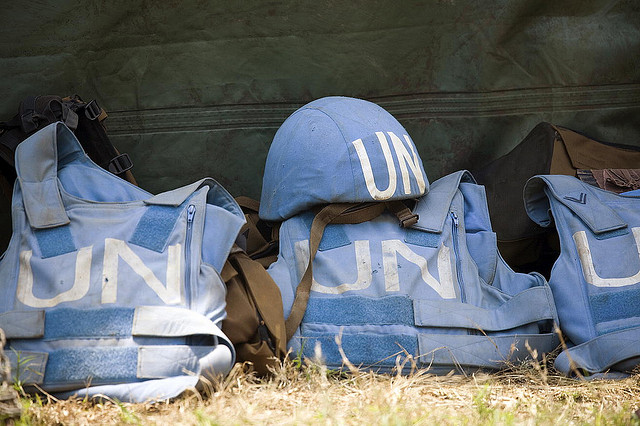
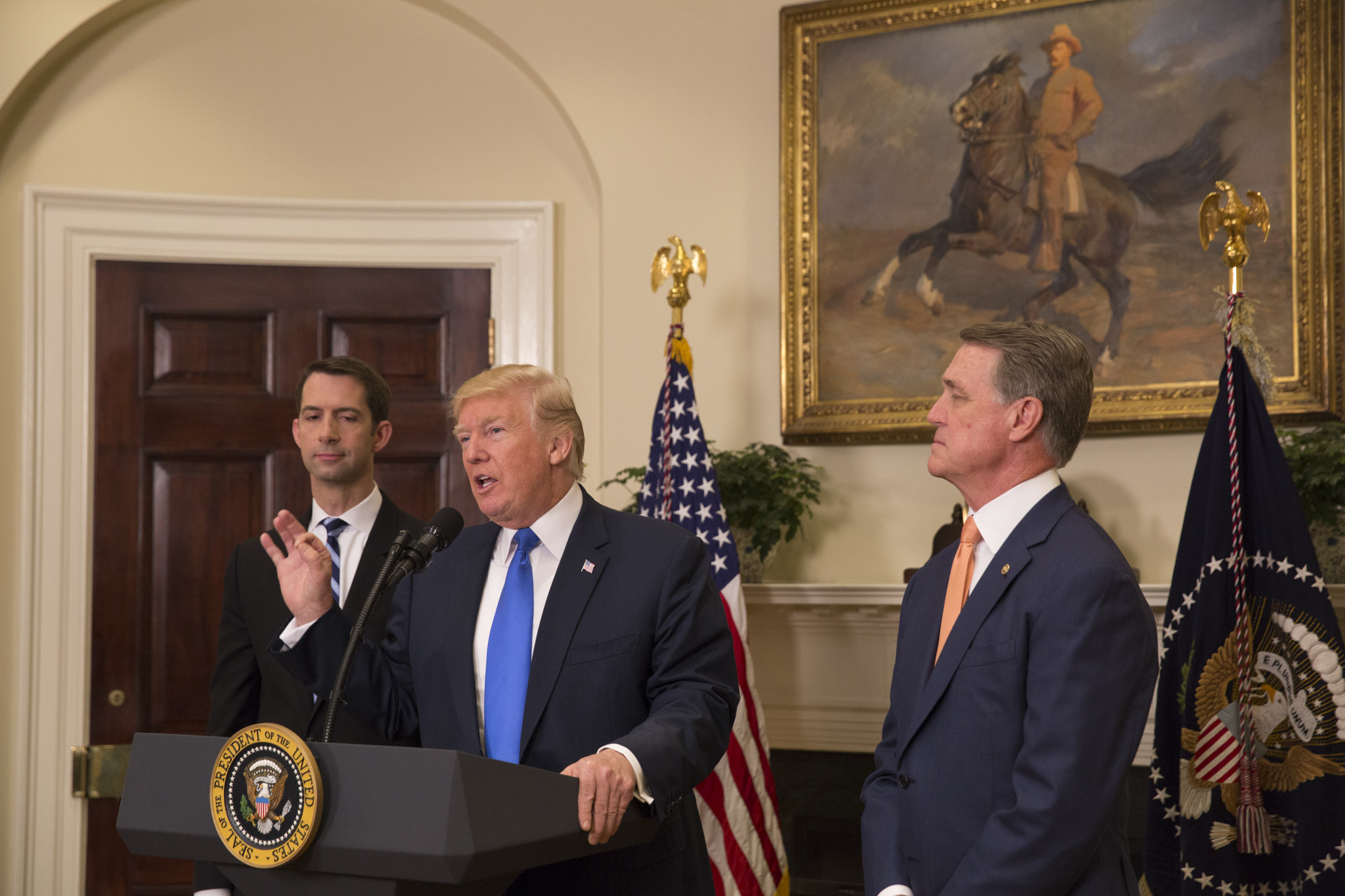
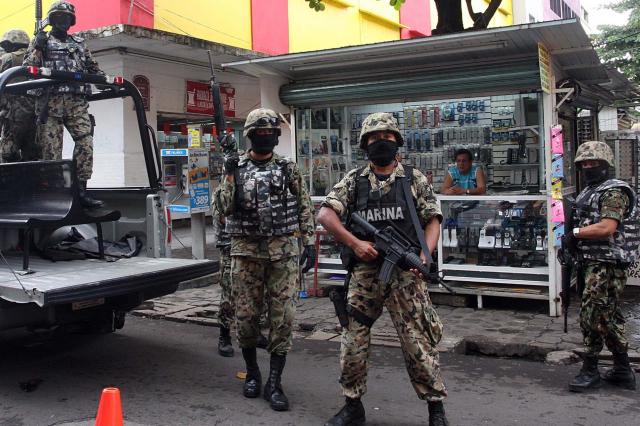
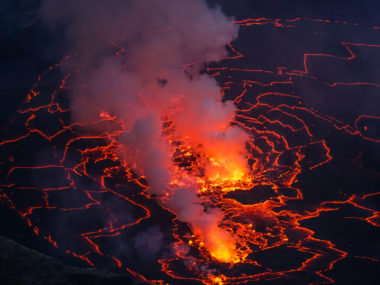


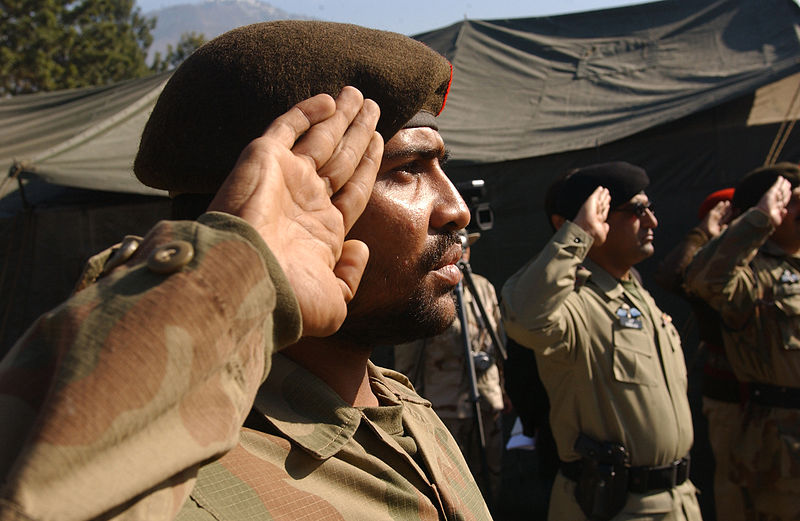
1 comment